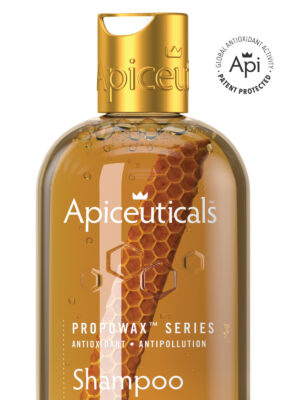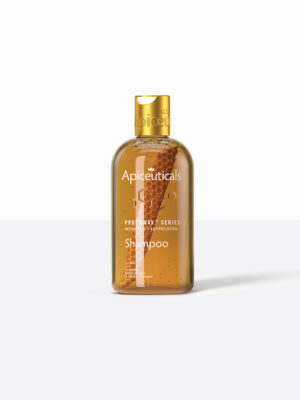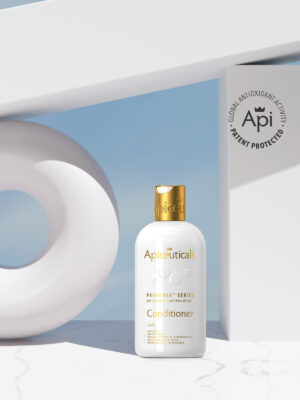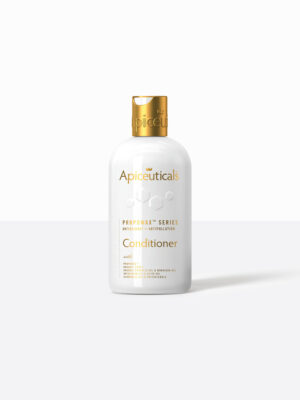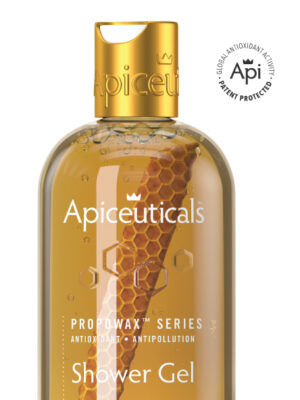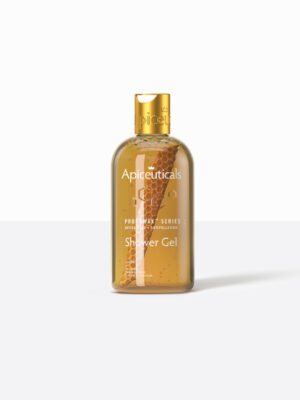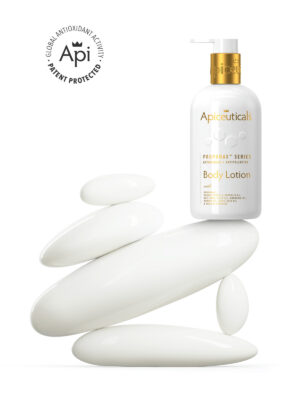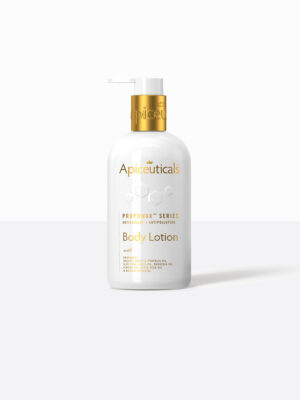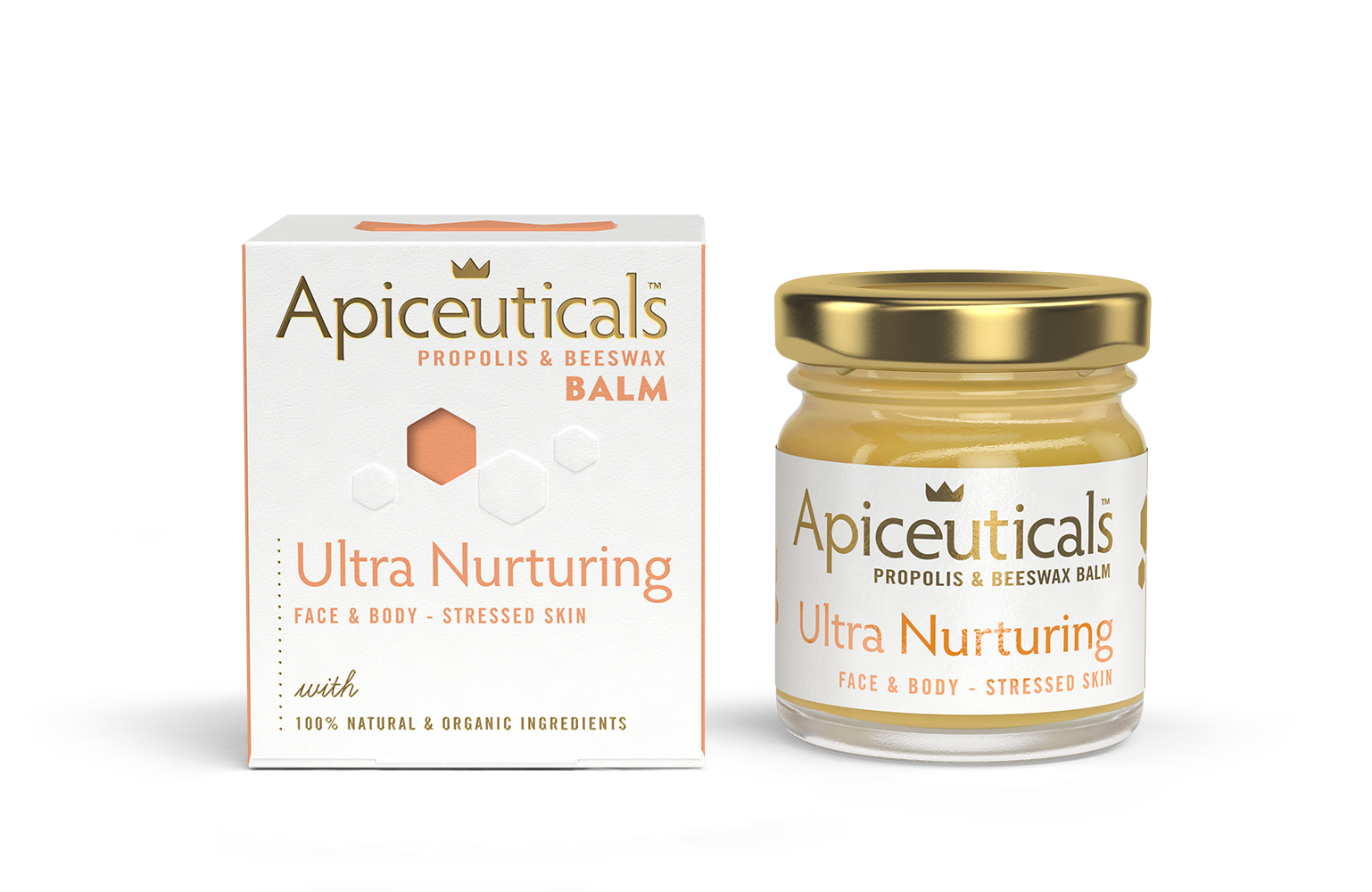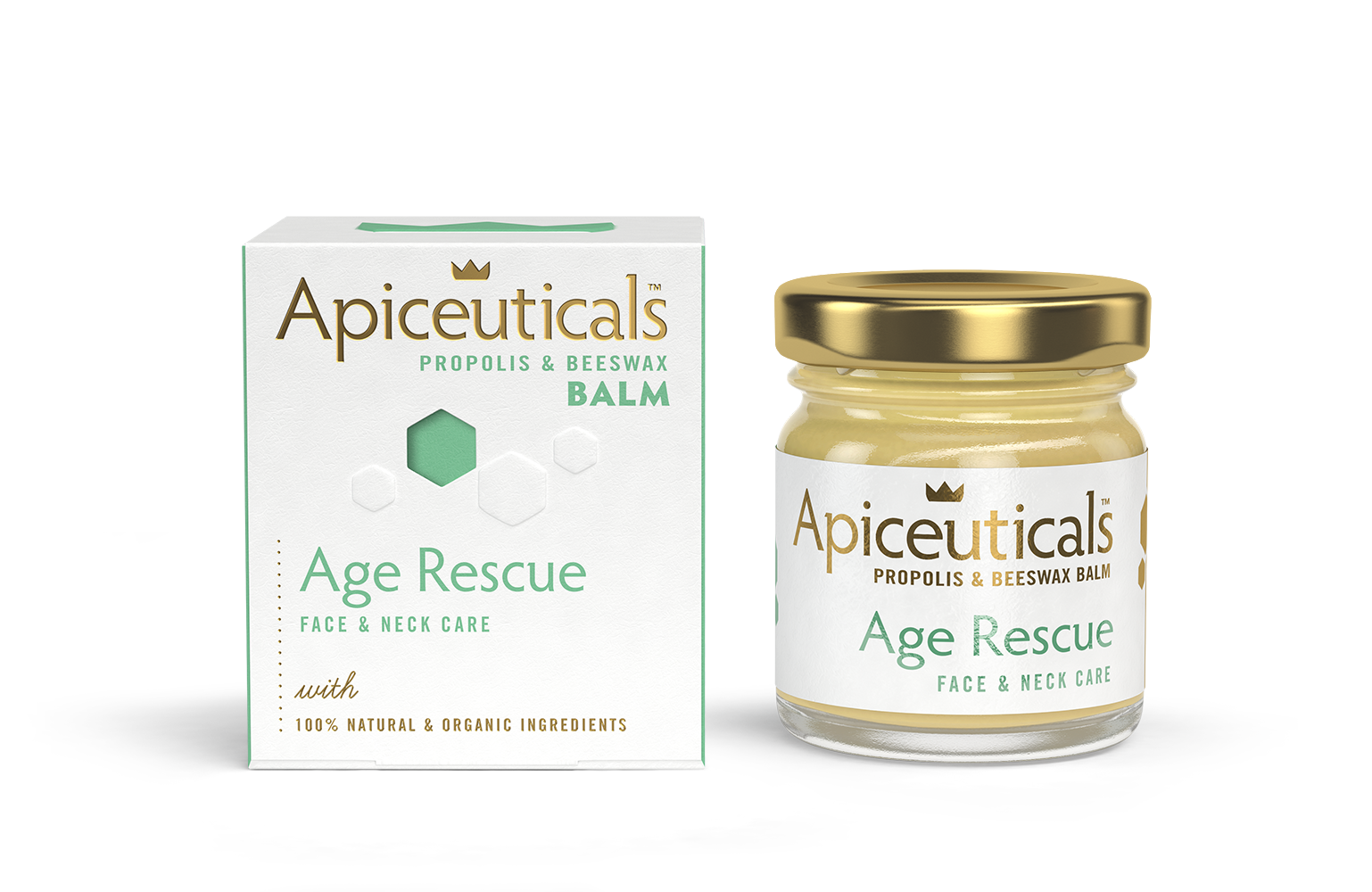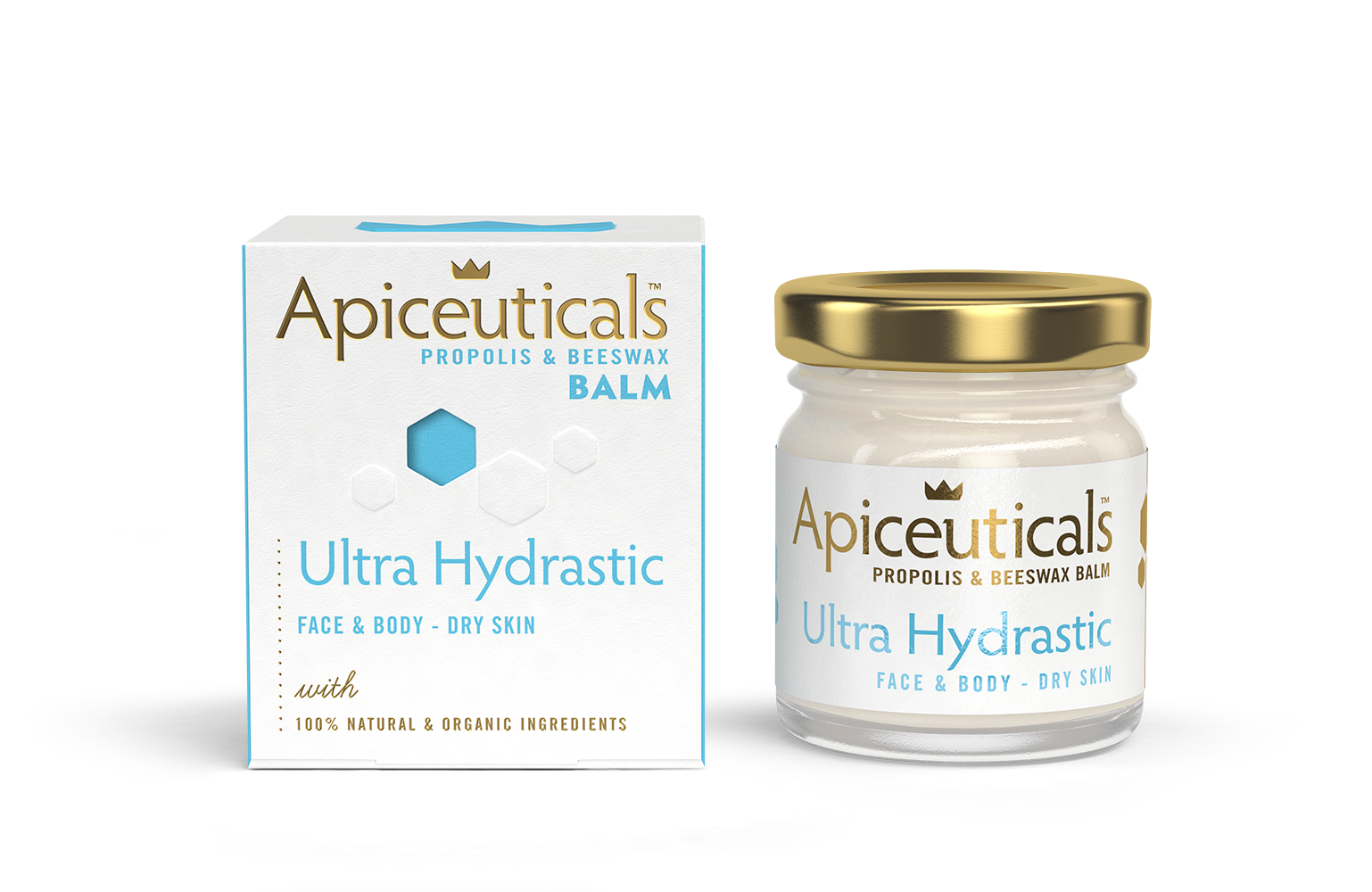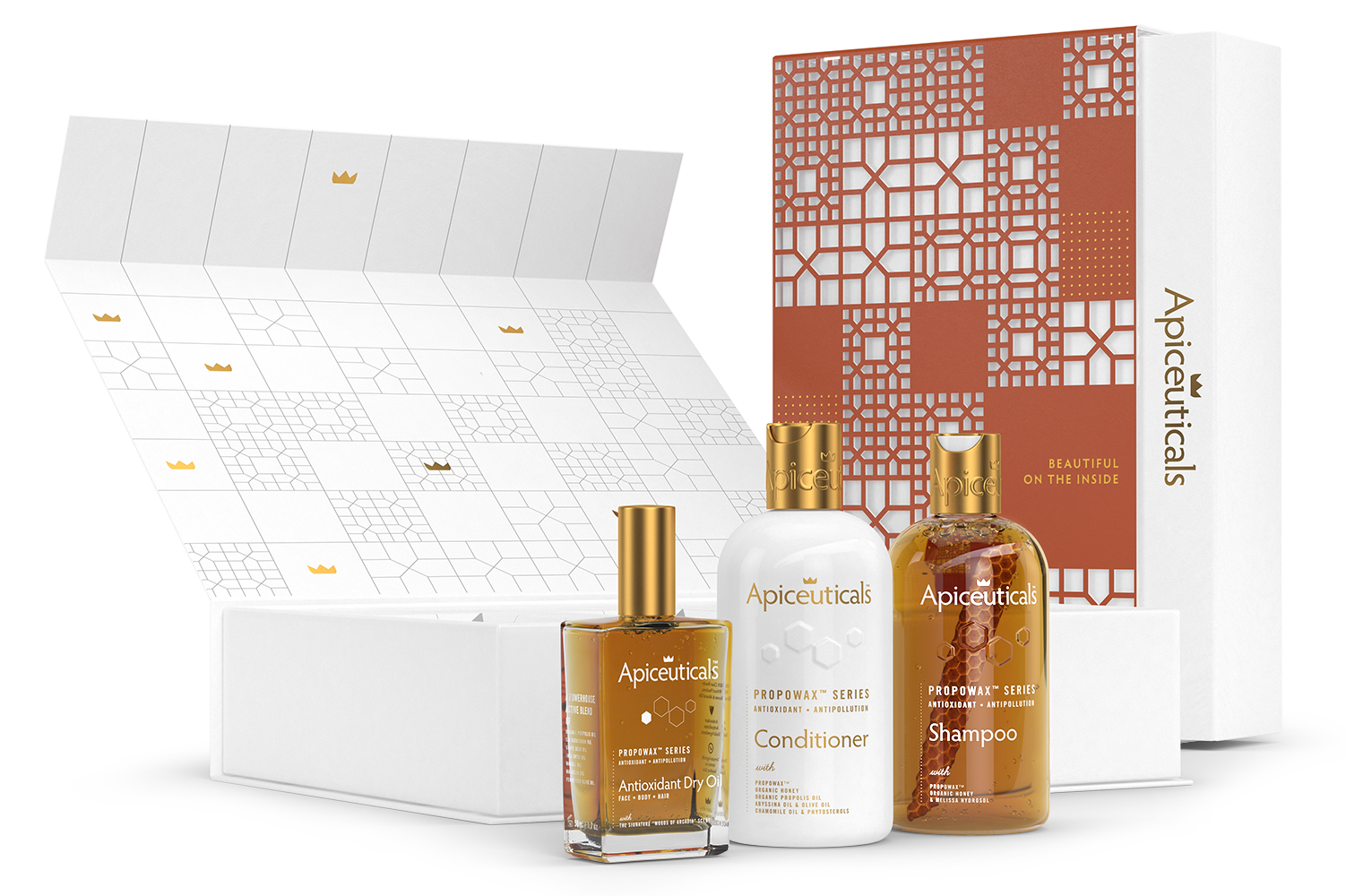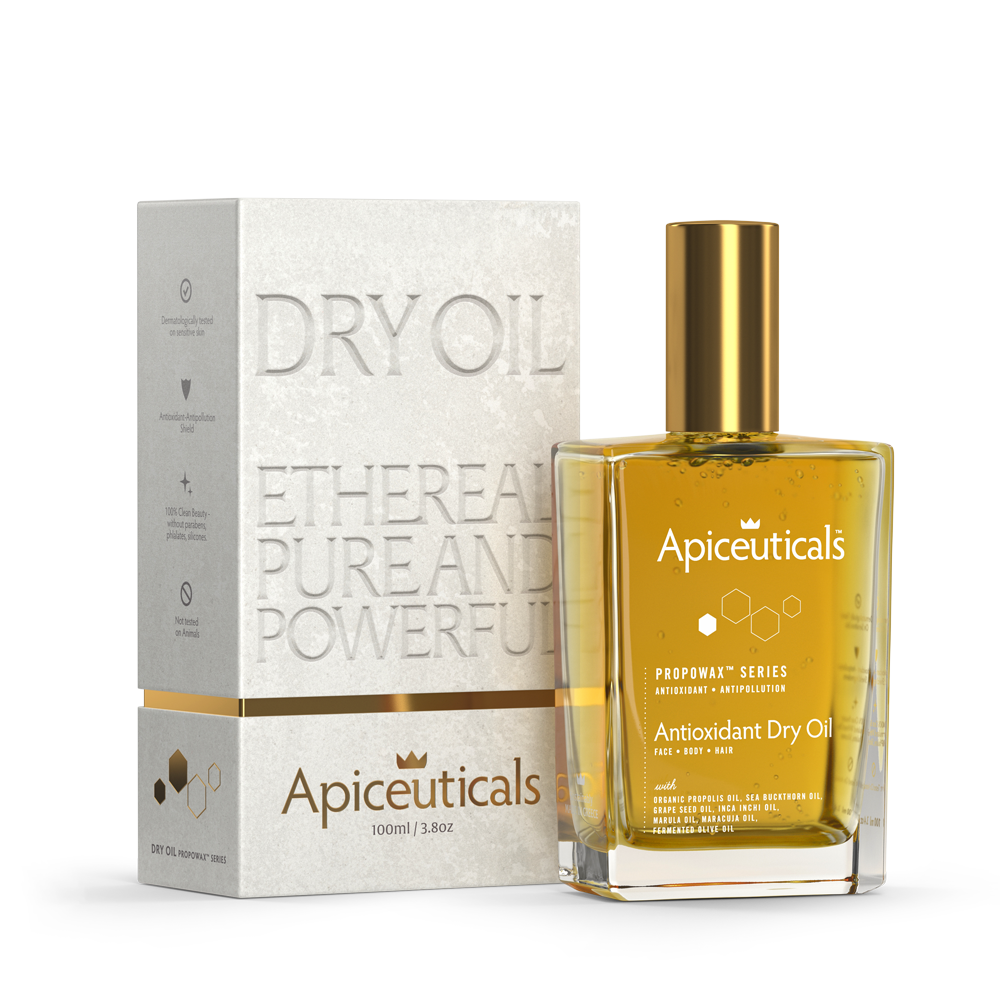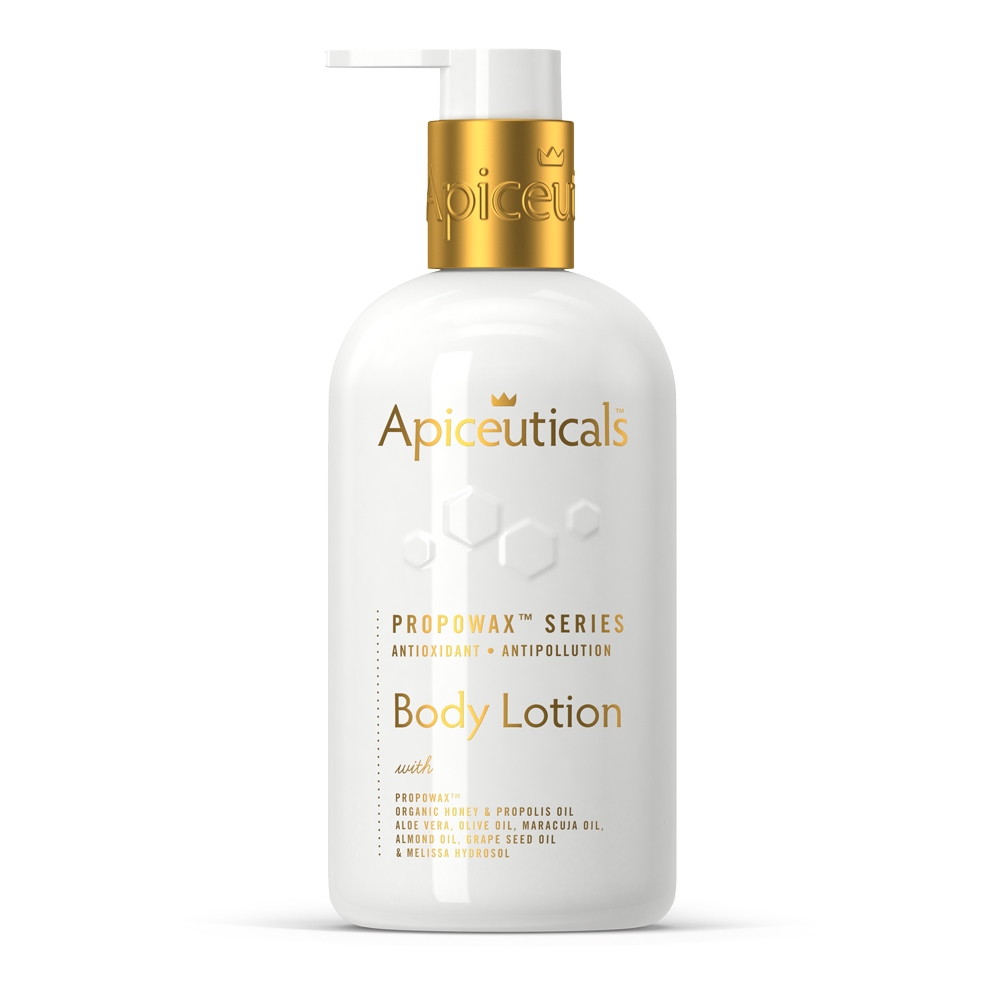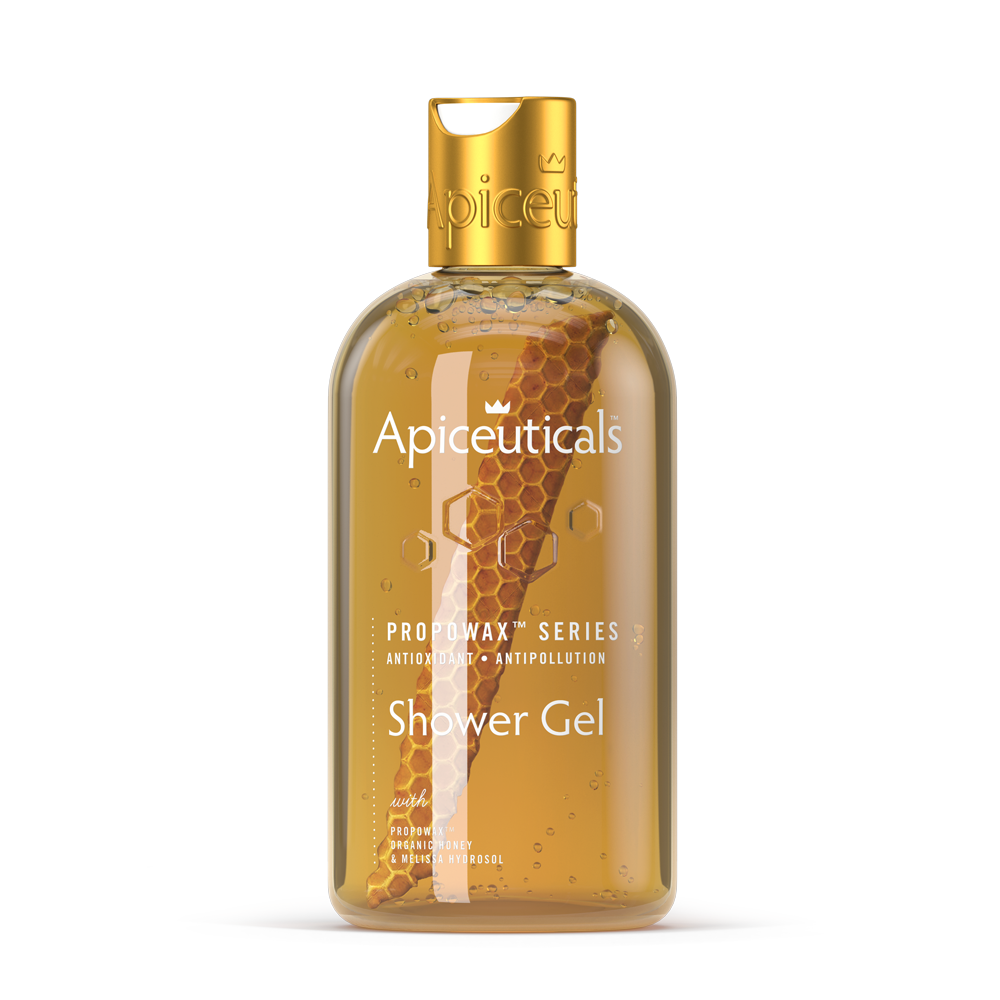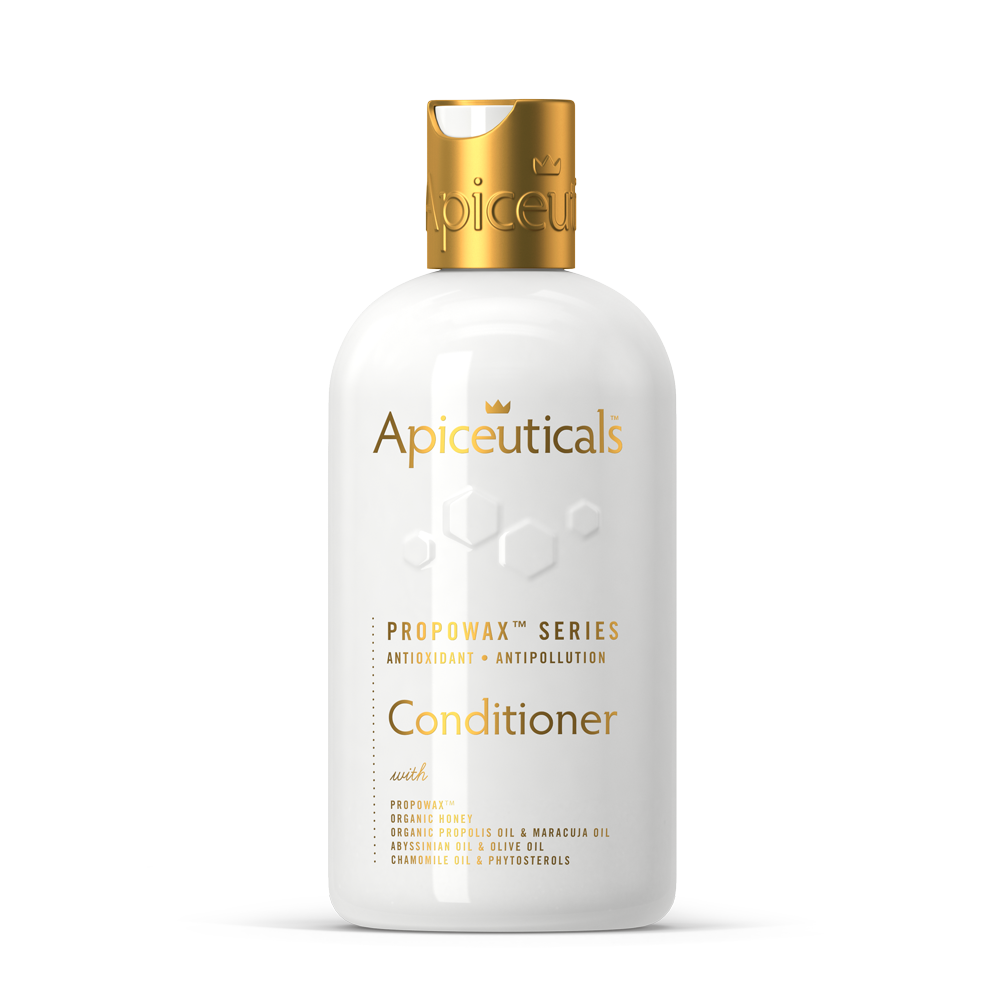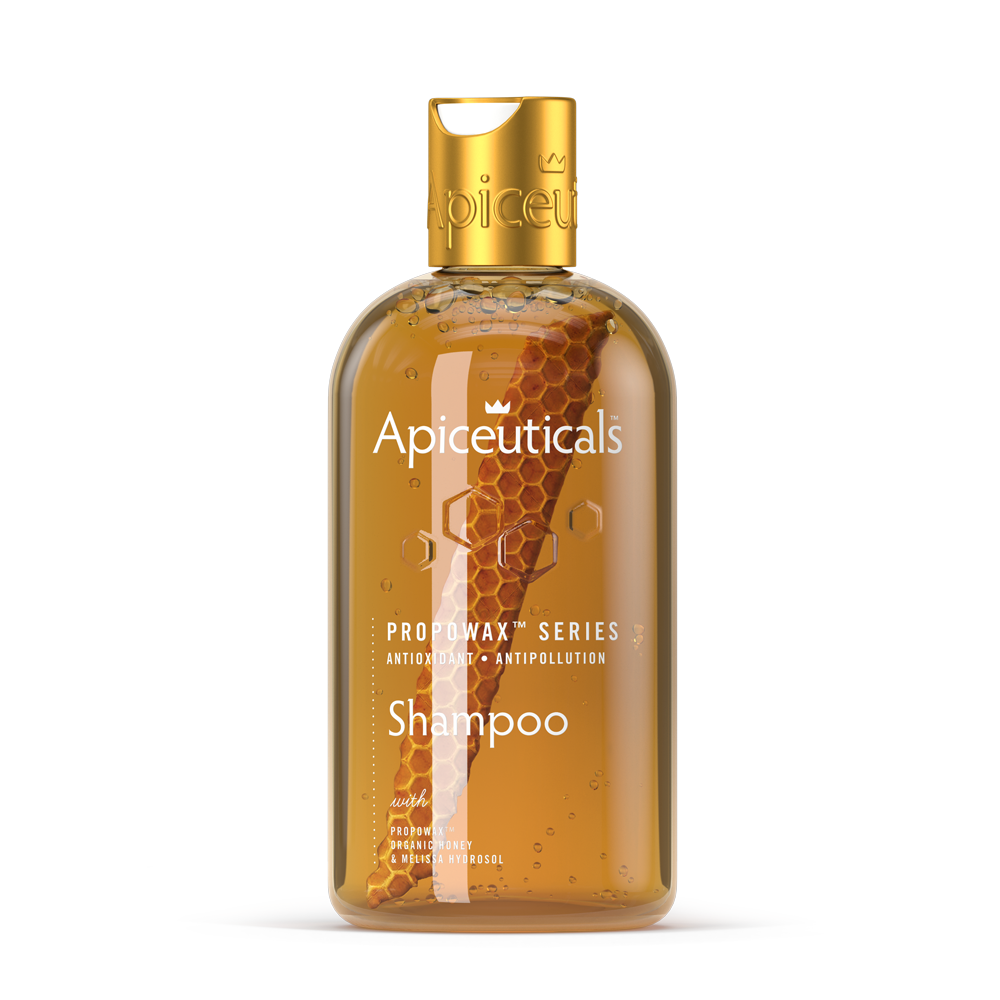OLIVE OIL - RICHEST GIFT FROM HEAVEN
BENEFITS OF OLIVE OIL FOR SKIN, HAIR, AND OVERALL HEALTH
Over 6000 years ago, olives originated from the Mediterranean regions. Olives, also known as Olea europaea, symbolized wealth, fame, and peace. Owing to its importance and a huge number of benefits, olive oil, a natural extract of olives, was termed as liquid gold in ancient times. Olive oil remains today the key ingredient in most powerful skin care beauty products. Olive oil is the key component of the Mediterranean diet, which is one of the healthiest diets around the globe. The fruit was so popular that athletes who won games were awarded crowns made of olive tree branches. (1, 2) Jammed with innumerable benefits, olive oil should be a part of everyone’s diet in order to remain healthy.
Extra-Virgin vs Virgin Olive Oil - What’s the war about?
While standing in the supermarket aisle, you must find it difficult to choose between the two. Let’s clear the confusion here! Extra-virgin olive oil (EVOO) is the least processed variant of olive oil. It is obtained from cold-pressed olives and takes more time than the manufacturing of regular olive oil since lesser processing is involved. Regular olive oil is made of both cold-pressed and processed olives, and the oil is further refined using chemicals to get rid of impurities. Refining the oil strips off most of the benefits of the oil. (3)
Protection Against Sun Damage
Antioxidants, particularly squalene, present in olive oil may reverse the skin damage caused by harmful ultraviolet radiations from the sun. Squalene protects the skin from free radicals that otherwise damage the cells and increase the risk of developing cancer. The oil is enriched with vitamins A, D, E, and K which also decreased the oxidative stress on the skin. Moreover, regular use of olive oil also prevents premature aging. (4)
Prevents Bacterial Infections of Skin
The antibacterial properties of olive oil enable it to eliminate bacteria such as Staphylococcus aureus, which will reduce bacterial infections and resulting acne. Olive oil is also used for treating foot ulcers, a common observation among diabetics. (5)
Moisturizes the Skin and Prevents Water Loss
When applied to the skin, olive oil constituents including linoleic acid, form a film over the skin that prevents excessive water loss. This hydrates the skin and locks in moisture. The increased water content of the skin will make it look plump, fresher, and healthy. (6)
Healing Wounds With Olive Oil
Wounds occur as a result of tissue damage, and if not healed timely, these wounds may lead to further complications. Olive oil has been used to treat wounds since ancient times. The oil possesses antibacterial, anti-inflammatory, and antiviral properties which make it an ideal wound healer, without causing drug resistance and other complications. Essential fatty acids found in the oil are beneficial for reducing inflammation and accelerating the cell regeneration process. Skin conditions that reap benefits from olive oil include nipple sores from breastfeeding, ulcers, diabetic wounds, and dermatitis. (7)
Helps Hair Retain Moisture and Nutrients
Olive oil contains MUFA (monounsaturated fatty acids) which penetrate the hair follicles and help retain water and vitamins. This traps water and essential vitamins which then provide maximum nutrition and enhance the overall appearance of hair. Vitamins and antioxidants also protect the hair from oxidative stress caused by UV rays from the sun. (8)
Treatment and Prevention of Other Diseases
As previously discussed, olive oil contains MUFA which are protective against cardiovascular diseases as well as prevent stroke. It is also crucial for brain function and decreases the incidence of Alzheimer’s disease which is very common among older adults. Studies also show that adequate consumption of olive reduces the risk of type 2 diabetes mellitus. (9)
An ancient Greek physician, Hippocrates, quoted, “Let food be thy medicine and medicine be thy food.” It is imperative for us to follow this saying and eat a healthy and well-balanced diet. (10)
Sources
- Vossen, Paul. ” Olive Oil: History, Production, and Characteristics of the World’s Classic Oils”. HortScience horts 42.5 (2007): 1093-1100. < https://doi.org/10.21273/HORTSCI.42.5.1093>. Web. 1 Dec. 2021.
- Olive Oil & Beyond [Internet]. Gourmet Olive Oils & Vinegars: Garlic Infused, White Truffle + More. [cited 2021Dec1]. Available from: https://www.oliveoilandbeyond.com/History-of-Olive-Oil-s/1860.htm
- Stelter G. Extra virgin olive oil or olive oil: Which is healthier? [Internet]. Medicalnewstoday.com. 2020 [cited 1 December 2021]. Available from: https://www.medicalnewstoday.com/articles/318397
- 10. Brusie C. Olive Oil Benefits for Your Face [Internet]. Healthline. 2018 [cited 1 December 2021]. Available from: https://www.healthline.com/health/olive-oil-benefits-face
- Leonard J. 4 olive oil benefits for your face [Internet]. Medicalnewstoday.com. 2018 [cited 1 December 2021]. Available from: https://www.medicalnewstoday.com/articles/321246
- ALLEN M, ROSTAMIAN M. Ask a Dermatologist: Can You Use Olive Oil for Your Skin? [Internet]. Byrdie. 2020 [cited 1 December 2021]. Available from: https://www.byrdie.com/olive-oil-for-skin
- Mahdiyeh Taheri, Leila Amiri-Farahani, “Anti-Inflammatory and Restorative Effects of Olives in Topical Application”, Dermatology Research and Practice, vol. 2021, Article ID 9927976, 9 pages, 2021. https://doi.org/10.1155/2021/9927976
- Engler A. Is Olive Oil Good For Your Hair? We Break Down What You Need To Know [Internet]. mindbodygreen. [cited 1 December 2021]. Available from: https://www.mindbodygreen.com/articles/olive-oil-for-your-hair-is-it-good-for-you-how-exactly-to-apply-it
- Leech J. 11 Proven Benefits of Olive Oil [Internet]. Healthline. 2018 [cited 1 December 2021]. Available from: https://www.healthline.com/nutrition/11-proven-benefits-of-olive-oil
- Smith R. “Let food be thy medicine…”. BMJ. 2004;328(7433):0
AS FOUND IN

